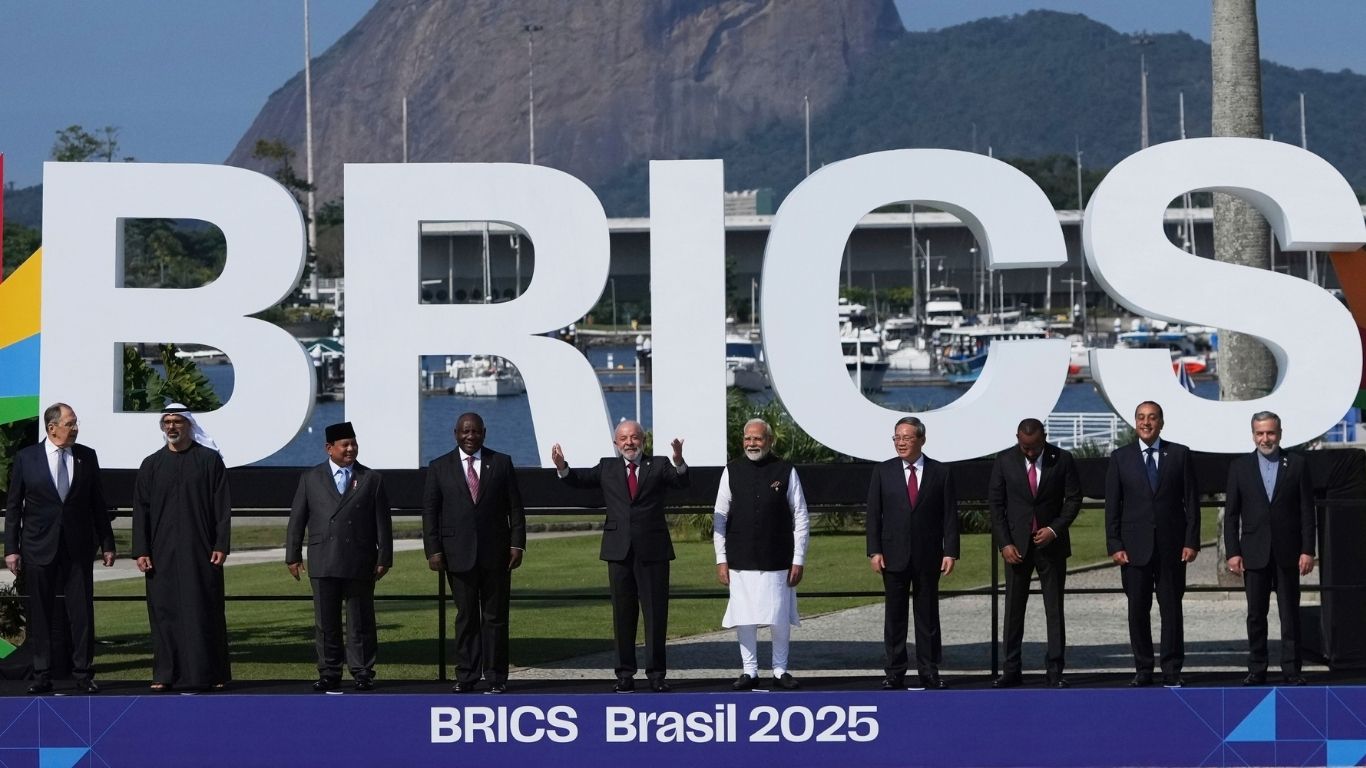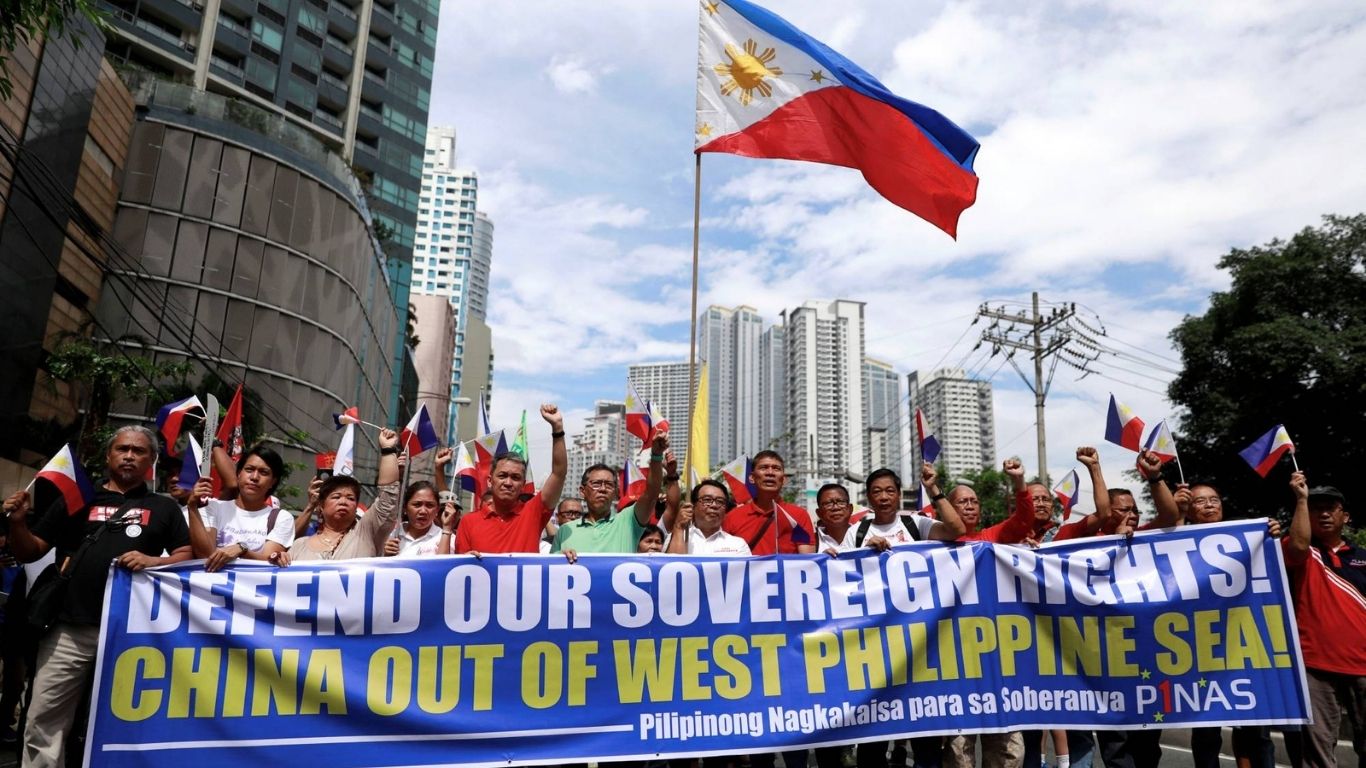Banning missile programs is not new to the United States. The US administration has already imposed sanctions on Pakistan’s ongoing missile program.
There have been mixed reactions to this. However, Islamabad has called the ban on Pakistan’s missile program ‘discriminatory.’ Pakistan became a declared nuclear power in 1998. At that time, the country conducted underground nuclear tests conducted by its rival and neighbor India. Both sides regularly test their short-, medium-, and long-range missiles.
Why this ban?
The United States has expressed concern about Pakistan’s ongoing missile program. The US administration has said that nuclear-armed Pakistan has developed a long-range ballistic missile capability. Which could eventually enable the country to strike targets outside South Asia, which is becoming an ’emerging threat’ to the United States. In this context, on December 18, White House Deputy National Security Advisor John Finer imposed sanctions on Pakistan’s ballistic missile program.
Finer’s statement makes it clear that although Washington and Islamabad once had close relations, those relations have deteriorated since the withdrawal of US troops from Afghanistan in 2021. John Finer’s statement raises the question of whether Pakistan has a purpose for its nuclear weapons and ballistic missile programs. Islamabad has long said that Pakistan’s nuclear weapons and ballistic missile programs are intended to counter neighboring India.
But the United States considers this ballistic missile program a threat to them. Many believe this is the reason for the deterioration of relations with Pakistan. US State Department spokesman Matthew Miller said that the United States is “clear and firm about our concerns” about the proliferation of such weapons and that the United States will continue to engage constructively with Pakistan on these issues. US Deputy National Security Advisor John Finer accused Pakistan in a speech at the Carnegie Endowment for International Peace that the country is developing missiles capable of hitting US territory outside South Asia. He said that Pakistan’s program is a major threat to us.
What is in the sanctions?
The sanctions on Pakistan include Pakistan’s state-owned defense agency, which oversees the missile program. The executive order imposed sanctions on Pakistan’s National Development Complex and three other entities. The move is aimed primarily at weapons of mass destruction and their means of delivery. The sanctions will freeze any assets owned by the entities and companies in the United States, and Americans will no longer be able to do business with them.
US sanctions are discriminatory.
Islamabad has claimed that the US sanctions on Pakistan are discriminatory. In a statement, the Pakistani Foreign Ministry said, “This sanction will have a serious impact on the strategic stability of our region and beyond. Islamabad says that this sanction is imposed on Pakistan based on mere suspicion without any evidence.
This US sanction is not new. Earlier in 2016, the US had submitted a proposal to the UN to impose strict sanctions on the country after North Korea’s nuclear weapons and missile tests. In the meantime, the US has imposed new sanctions on North Korea and Russia. It is reported that the sanctions have been imposed mainly on Pyongyang’s financial and military support to Moscow as well as its ballistic missile program.
The US is increasing conflict and conflict by imposing these sanctions at different times. However, the US does not impose any sanctions on US allies when they carry out missile programs. This makes it seem that this sanction on Pakistan is discriminatory. The US imposed this sanction on Pakistan without providing any evidence. Experts believe that the United States is prioritizing its own interests by imposing such sanctions on countries around the world. The United States is oblivious to the risk of escalating conflict.
Pakistan’s response:
Islamabad has responded strongly to the sanctions. Pakistan has strongly rejected US criticism of its long-range ballistic missile program. Pakistan’s Foreign Ministry spokesperson, Mumtaz Zahra Baloch, said in a statement that the US comments on the alleged threat posed by Pakistan’s missile capabilities and delivery were unfortunate. She added that the program was necessary in the context of the growing threat from India. The Pakistan Foreign Ministry termed the US allegations as baseless and without historical context and reiterated the country’s commitment to developing missile capabilities under a credible minimum deterrence strategy.
Responding to this, Mumtaz Zahra Baloch said the US allegations were baseless and unreasonable. She said Pakistan’s strategic program was only aimed at maintaining peace and stability in South Asia. She added that Pakistan’s strategic capabilities are designed to protect our sovereignty, and any interference in them is unacceptable.
Conclusion:
The United States is prioritizing the interests of India, which is known as an ally of the United States. Pakistan’s missile program is seen as a major threat to neighboring India. Pakistan has expressed concern that such allegations are being made against Pakistan due to the influence of India’s interests. This is further destabilizing regional security.
The United States is creating an unstable situation in the world by imposing various sanctions while prioritizing its own interests or the interests of its allies. The United States has created the fear of conflict by imposing sanctions on North Korea several times in the past. The United States has been seen to be desperate to dominate the world by imposing sanctions on Iran at different times. These discriminatory sanctions further destabilize world politics.




